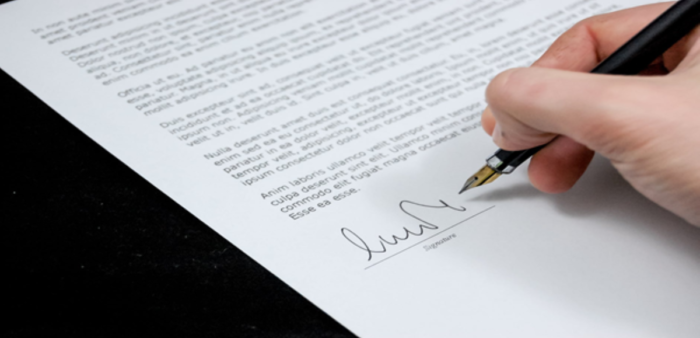Exporting from the UK to the EU: Everything You Need to Know
Priorities You Must Consider Before January 1st 2021
With only weeks to go until the UK officially leaves the EU, businesses across the country must take action now in order to organise their imports and exports for the changes that come into force on January 1st 2021. Failure to adequately prepare could result in increased costs and delays when it comes to exporting into the EU.
The finer details of any agreement with the EU have thus far failed to take shape, with talks extended once again, but that doesn’t mean that you should wait to get your business into shape for 2021.
Check Your Documentation

Even for businesses that export outside the confines of the EU, trade rules could change in different markets if a fresh free trade agreement isn’t settled, or, indeed, if the country you’re trading with has not agreed to roll over the previous free trade agreement before the new one has been established.
The documentation that you need to trade correctly and efficiently might change, so be sure to check what is necessary for the particular market you’re trading with. As an experienced translator with export and international business knowledge, Anglia Translations can offer their expertise in numerous global markets.
Customs Declarations
From the beginning of January 2021, whenever you export goods to another country, you’ll be required to submit a Customs Declaration. For businesses that have only ever traded within the EU, this is something you’ll now have to get used to.
Completing Customs Declarations can be a complicated process, so you may need to purchase some specialist software. This is a good thing to look into now, so you have time to familiarise yourself with these new processes.
In addition to this, all goods you are exporting must be classified with the correct customs trade tariff before shipment. You must also ensure that arrangements have been made in the seller’s country or import customs clearance in the buyer’s country, whichever is applicable.
Non-Tariff Barriers
You will also need to be aware of how changing legislation may differ in the markets that you’re trading with. For instance, the food and beverage industry requires different labelling on products than they did before, and some health, medical and pharmaceutical products will need to be registered in a different way.
It’s also wise to consider how your Intellectual Property will be shielded in the post-Brexit environment, and whether or not you’ll be required to register for VAT in the countries you do business with. Due to our decision to leave the EU, it means that the EU will no longer control our VAT regulations, so this is something you will need to study quite carefully.
EORI Numbers
From January 1st, you will be required to obtain an EORI number beginning with GB to transport goods into or from the UK. Most businesses should have now received their number, but if you don’t have one, you can apply for yours here>.
UK Export and Import Checklists

In order to continue to export from the UK as usual come January 1st 2021, you should ensure you have the following arranged for each export and import:
UK Export Checklist
- Export invoice & packing list
- Exporters EORI number
- Vehicle/trailer numbers
- Number and type of packages
- Clear description of cargo and commodity codes
- Gross and net weight values
- Consignee name and address and country of destination
- Country of origin
- Relevant Incoterm
UK Import Checklist *
- Export invoice & packing list
- Importers EORI number
- Importers VAT number (where applicable)
- Chosen method of VAT payment
- Duty deferment account number (where applicable)
- Vehicle/trailer number
- Number and type of packages
- Clear description of the cargo and individual commodity codes
- Gross and net weight values
- Freight and insurance charges
- Country of origin
- Relevant Incoterm
*There is a special arrangement for importers until June 30th 2021, in which a declaration can be made within six months of an import, thus avoiding customs clearance at the time of arrival in a UK port.
Takeaways
There’s a lot to get your head around in the new year. Trade between the UK and EU is likely to look very different than it does now.
In this blog, we have outlined our own recommendations for what you should be focusing on right now, but this is a very fluid situation and could change in an instant. Whether talks over a deal are successful or not, at Anglia, we are here to help businesses with whatever outcome should prevail.
If you have any further questions on what we’ve covered in this blog, or you’re interested in hearing more about any of our other services, get in touch today.



